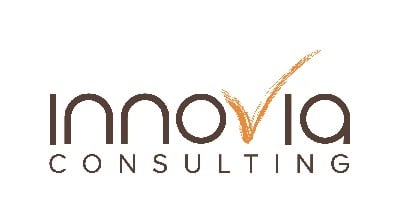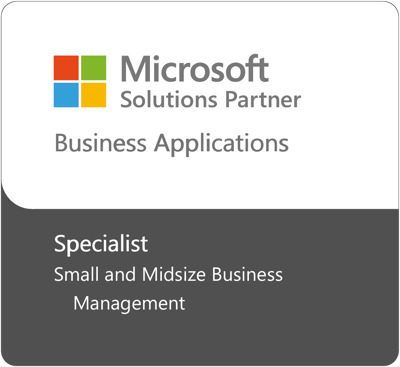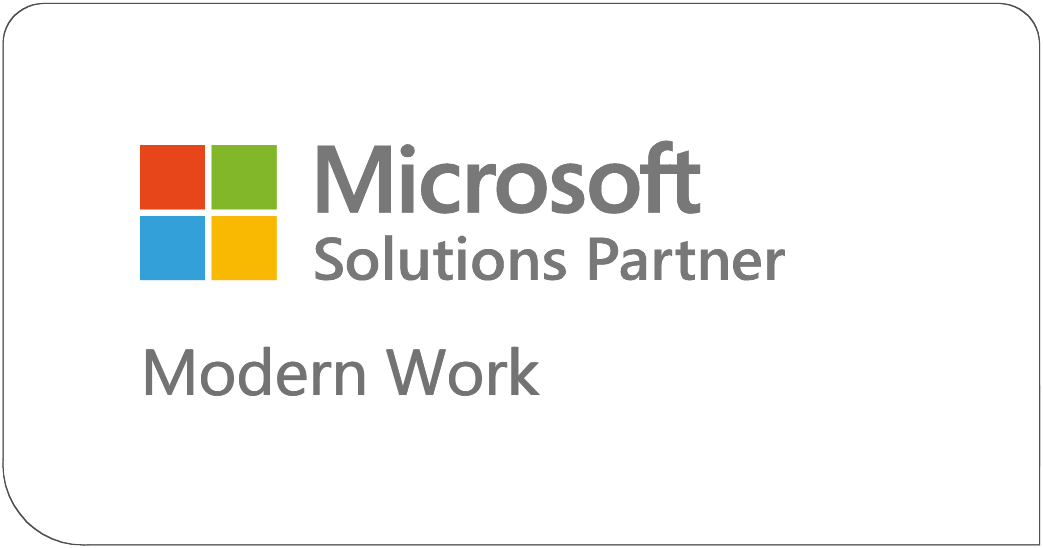Innovia Blog
Learn the Latest in NAV / Business Central
Learn the Latest in NAV / Business Central

Exploring Microsoft Business Central Analysis Mode: A Deep Dive into Pivot Mode Functionality

Mastering ERP for SMBs: The CanadianSME Podcast With Alan Wyne

The Role of Change Management in Successful Organizations

Why Copilot Agent Projects Are the Perfect Investment During Economic Uncertainty

Design Details: Cost Adjustment

Is Customer Participation Important When Implementing Business Central?
Subscribe for regular updates

How to Use Item Charges to Account for Additional Costs in Purchases and Sales

How to Record Output and Consumption in Business Central

Innovia Consulting Acquires Lloyd Business IT Solutions NAV Operations, Expanding Its Microsoft Dynamics Presence In Canada

Unlocking the Power of Analysis Mode in Business Central with Copilot
Innovia Headquarters:
1062 Oak Forest Dr.
Suite 300
Onalaska, WI 54650
Phone: 800.834.7700


Innovia is a multiple-award-winning Microsoft Dynamics NAV and Business Central consulting firm known for delivering innovative Microsoft ERP systems while providing exceptional client-focused service.